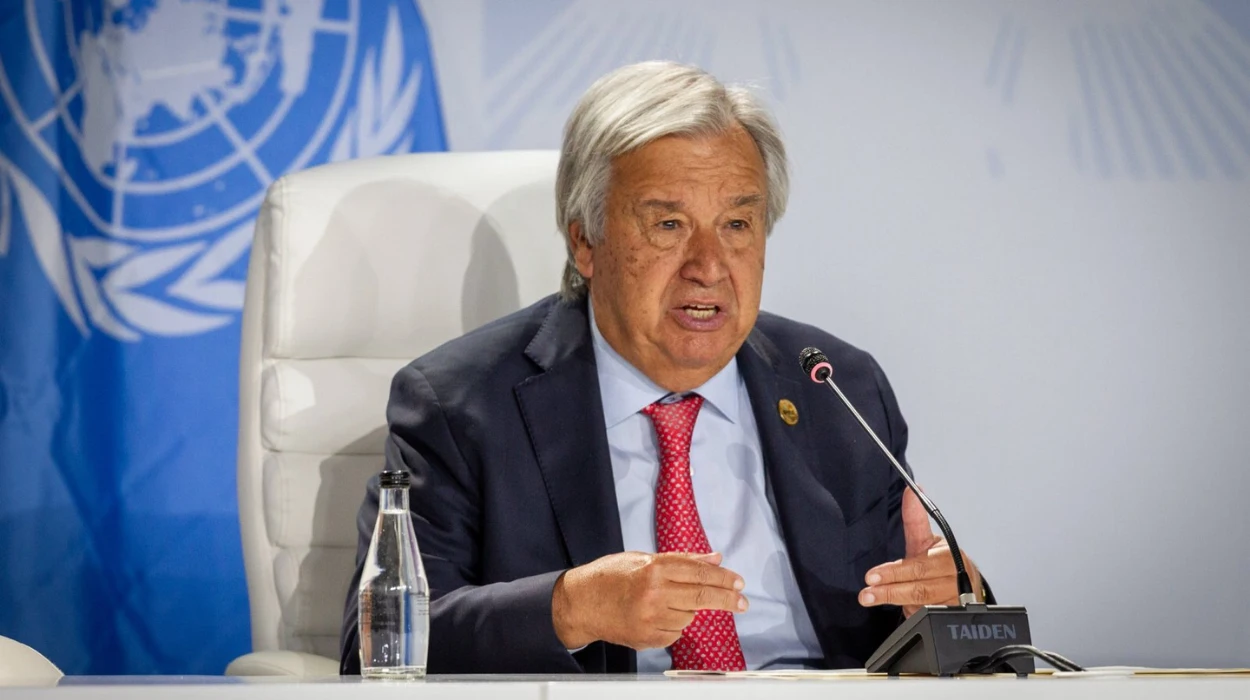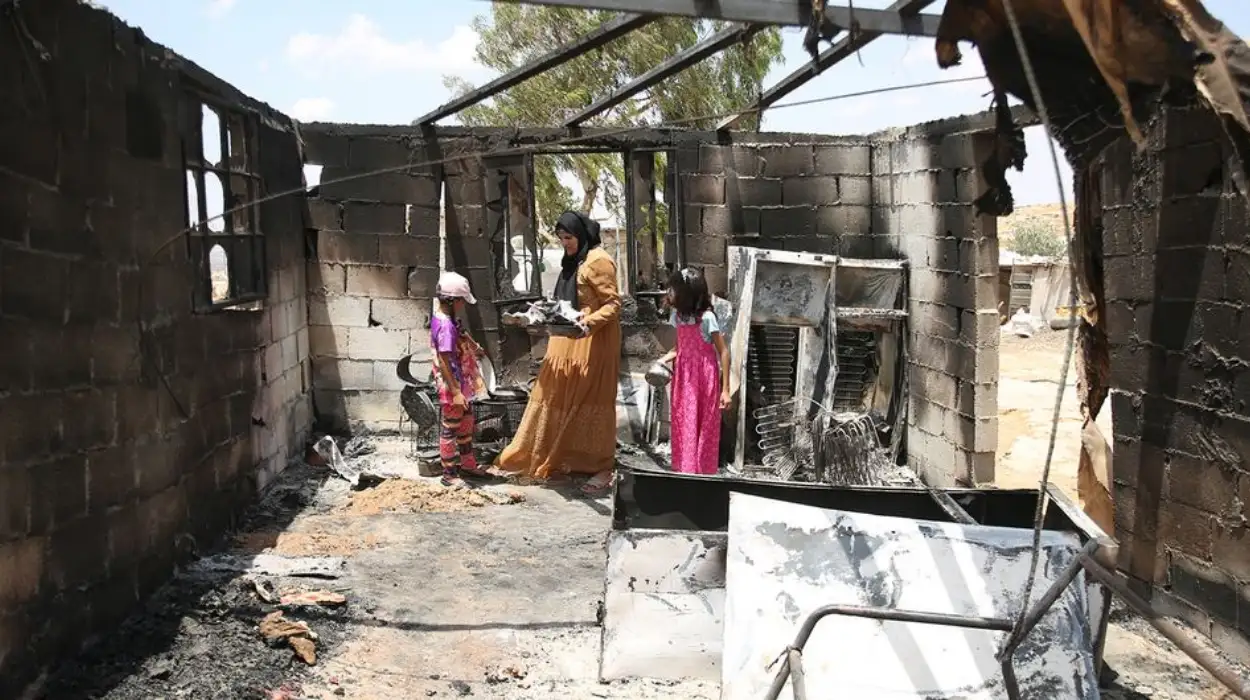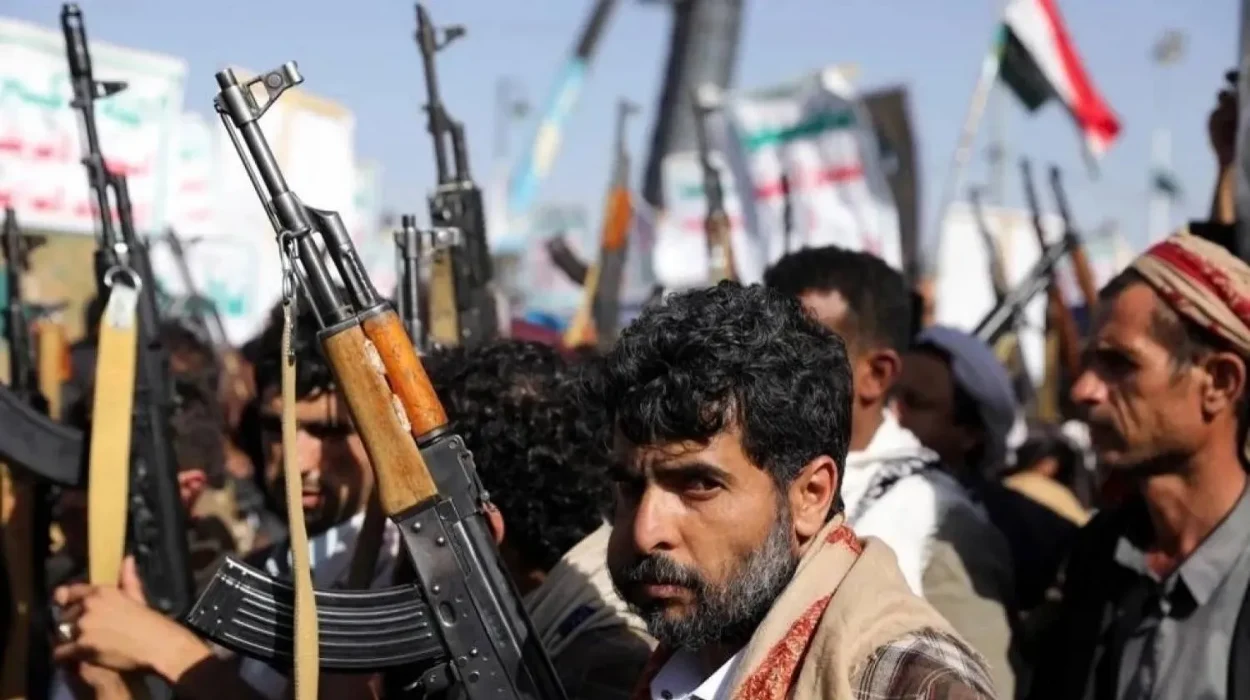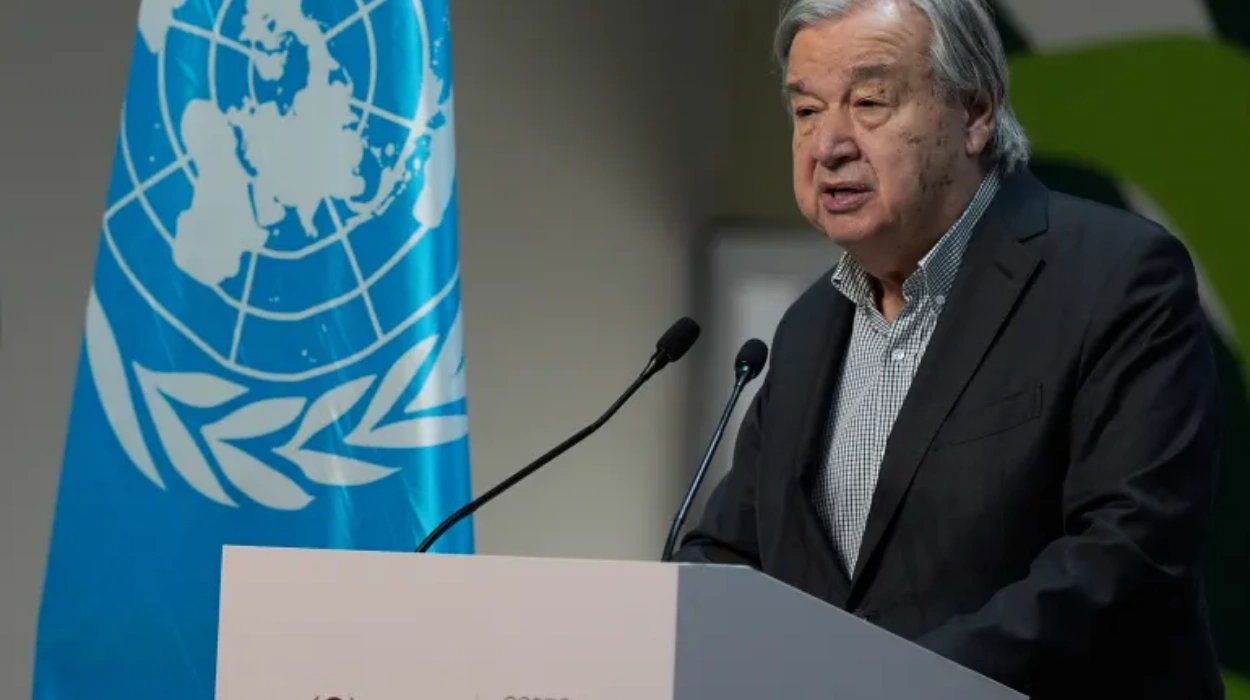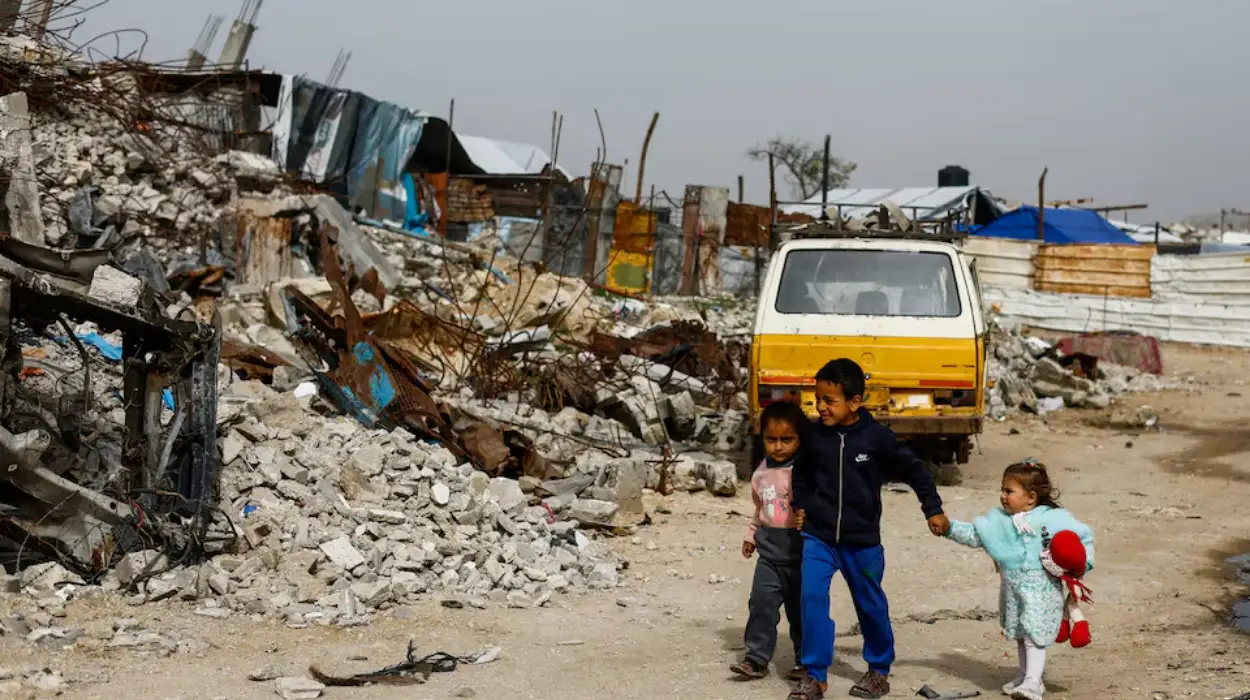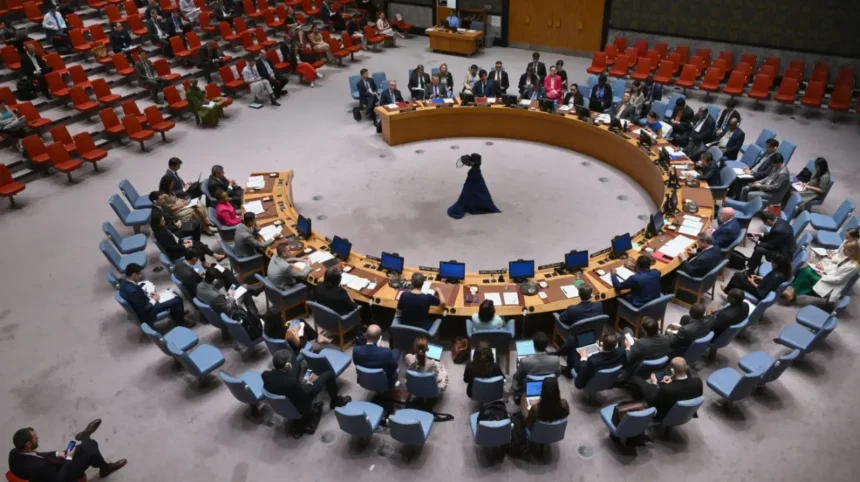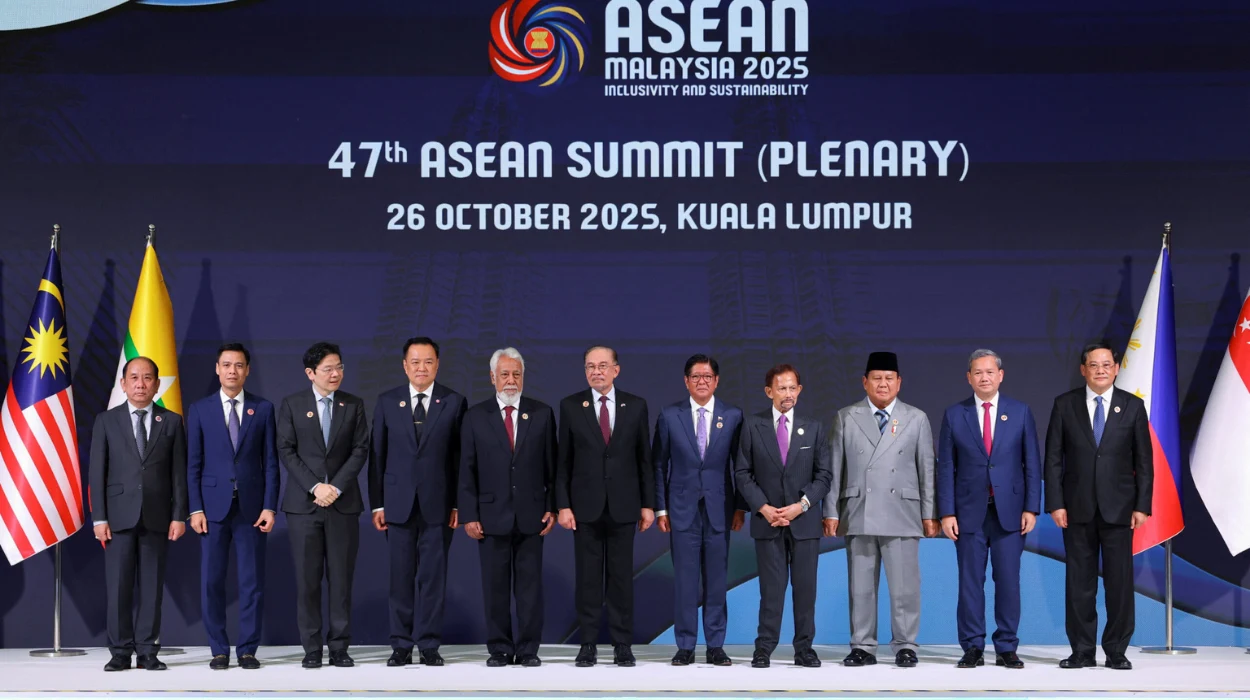In 2025, the center of the world governance debate will be the United Nations Security Council (UNSC) which was established after world war II. Being the leading institution in ensuring peace and security at the international level, its legitimacy has currently been put under more scrutiny than ever before. The present structure of the council: 5 permanent members (United States, Russia, China, France and the United Kingdom) with the veto power and 10 non-permanent members who are elected to serve a term of two years is based on the geopolitical configuration of 1945 and not the multipolar world in the present day.
Most governments, scholars and international observers argue that such an outmoded architecture would make the council incapable of effectively responding to contemporary crises. The veto power that was originally meant to create a situation of unanimity among major powers has become a paralysis mechanism. It has blocked humanitarian and conflict-resolution initiatives in such countries as Syria, Ukraine, Yemen, and Sudan on numerous occasions. This has cast doubts on whether the UNSC continues to act as an impartial referee or a space of the great power competition, as it has been observed by some diplomats at the 2025 UN Governance Forum.
This continued tendency to fail decisively even during emergencies has increased the calls of a more representative and accountable Security Council. Developing nations, especially the African, Asian, and Latin American countries insist that fair representation is inevitable to sustain the global confidence in multilateralism.
Proposals and political obstacles to reform
There have been several suggestions of Security Council reform through the decades but they have all been met with stiff opposition. The growth of permanent membership is the main concern. The G4 countries; India, Brazil, Germany and Japan have been having a long time claim to be accorded permanent seats in the UN on the basis of their economic power, population, and their contribution to the peacekeeping missions of the UN. In 2025, India again stated that the existing Council structure is an outdated antique that cannot be kept in a multipolar world.
The African states also demand to be included. They have been insisting on two permanent and five non-permanent seats on the continent through the Ezulwini Consensus of the African Union. The fact that Africa is not a permanent seat is symbolic of the disparity in the distribution of world power as it is a region that has suffered most because of the efforts by the UN peacekeeping and humanitarian intervention efforts.
However, the very thing that has been smothering progress in reform in decades is the veto of the P5. The Charter of the UN cannot be amended by the General Assembly or by a majority of its permanent members without the two-thirds vote of the entire body and the ratification of all five permanent members, which puts them in apparent control of the results of the reform. Russia and especially China are opposed to any expansion that will water down their influence whereas the U.S. and its allies are ambivalent and prefer to make small changes instead of structural changes.
Institutional and operational dimensions of reform
Even though membership growth is the leading reform issue, operational efficiency has turned out to be a significant complementary issue. Some of the suggestions to make working methods better involve the ability to be more transparent in decision-making, broader involvement of non-members, and development of mechanisms to make decisions publicly accountable.
Enhancing transparency through technology
In 2025, the UN Secretariat tested a digital voting and deliberation system through which a non-classified issue allowed the people to virtually follow the voting behavior in real-time. Proponents argue that the move will enhance more openness whereas opponents maintain that it can force smaller states to join mighty blocs.
Strengthening cooperation with regional organizations
The reforms in operations also aim at better coordination with regional organizations like the African Union, ASEAN and the European Union. Its advocates indicate that it could be used locally to avoid wars before they can lead to the Security Council. This philosophy is reflected by the enlarged mandate of the Peacebuilding Commission in 2025, which will include the introduction of preventative diplomacy as part of regional frameworks.
Rethinking veto accountability
The issue of the use of veto is still a hot point. In 2025, the Secretary-General released a report which highlighted the idea of a responsible veto, and permanent members were called upon to explain vetoes before the open councils and avoid any vetoes in situations of mass atrocities or genocide. This approach has been endorsed by France and Mexico, but this is only done voluntarily and in symbolic form.
The geopolitical context shaping reform momentum
In 2025, the issue of reform is closely connected with the politics of the world. The new power dynamic of the world characterized by the U.S.-China strategic rivalry, the aggressive foreign policy of Russia, and the quest of strategic autonomy of the European Union- conditions the urgency, as well as complexity of transformation.
New alliances of middle powers have started to affect the traditional hegemony of the P5. Countries like Indonesia, South Africa and Mexico are not only leading in the cause of reform as a representation issue but also as the question of life or death of global governance credibility. Nevertheless, these movements tend to be in conflict with the geopolitical interests of established forces that consider Security Council reform as a possible challenge to their role.
This friction was again apparent in the 2025 intergovernmental negotiations. Although there has been a wide agreement that we need reform, there is still a contentious issue of the extent and speed of reform. There are those diplomats who believe in reforming the council incrementally- by a restriction on the exercise of the veto power or by increasing the number of non-permanent seats but others believe that the council cannot be restored to its rightful position by anything short of comprehensive structural reform.
Balancing idealism and realpolitik in reform outcomes
The Security Council reform controversy characterizes the percussion between idealism and realpolitik that can render most world politics. Reform supporters believe that a reformed Council is the only way of guaranteeing fair representation, effective crisis management and democratic legitimacy on one hand. On the reverse, the privileged position of the P5 is a manifestation of the fact that world power systems change much slower than ethics.
Although there has been an unending gridlock, it can be seen that there is incremental improvement. The 2025 transparency initiatives, revived discussions on responsible veto exercise, and regional interaction frameworks are indicative of the potential of slow change. According to one senior UN diplomat in the May 2025 Geneva session, reform can be slow, but can no longer afford to stagnate.
The debates on reforms are symbolic as well. They mirror the tug and pull between sovereignty and international solidarity, and strength and idealism of the world. Although structural reform may never be achieved, the very negotiations have a pressure effect on the P5 to be more restrained and accountable.
The evolving future of multilateral governance
The future of the Security Council reform is how successful the UN can become in keeping up with the changing reality: climate-driven security challenges, cyber-warfare, mass migration, and economic disparities. Both of these problems pose a threat to the conventional ideas of state authority and social responsibility.
Should a reform actually come to fruition, then it might be not only a renewal of the institutions but also a general shift in the perception of the world of security and cooperation. On the other hand, when the opposition becomes more dominant, it will reinforce the view of the UN as a body that is stuck in its historical setting.
The question of Security Council reform in 2025 thus transcends institutional design; it embodies a test of whether the international community can reinvent multilateralism for a fractured world. Whether change comes through gradual adaptation or transformative overhaul, the ongoing struggle over representation, legitimacy, and authority will continue to shape the UN’s role in global governance for decades to come.


